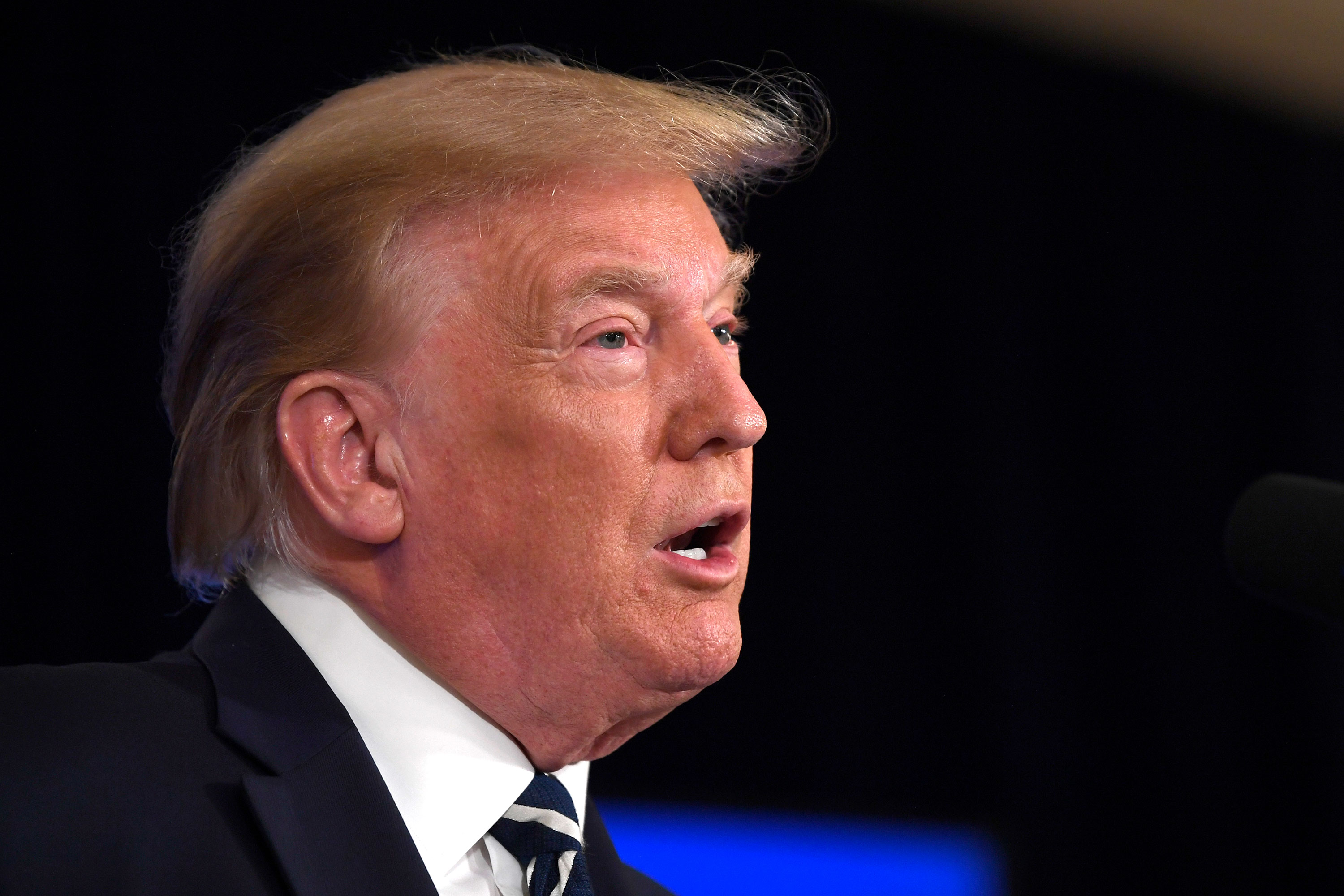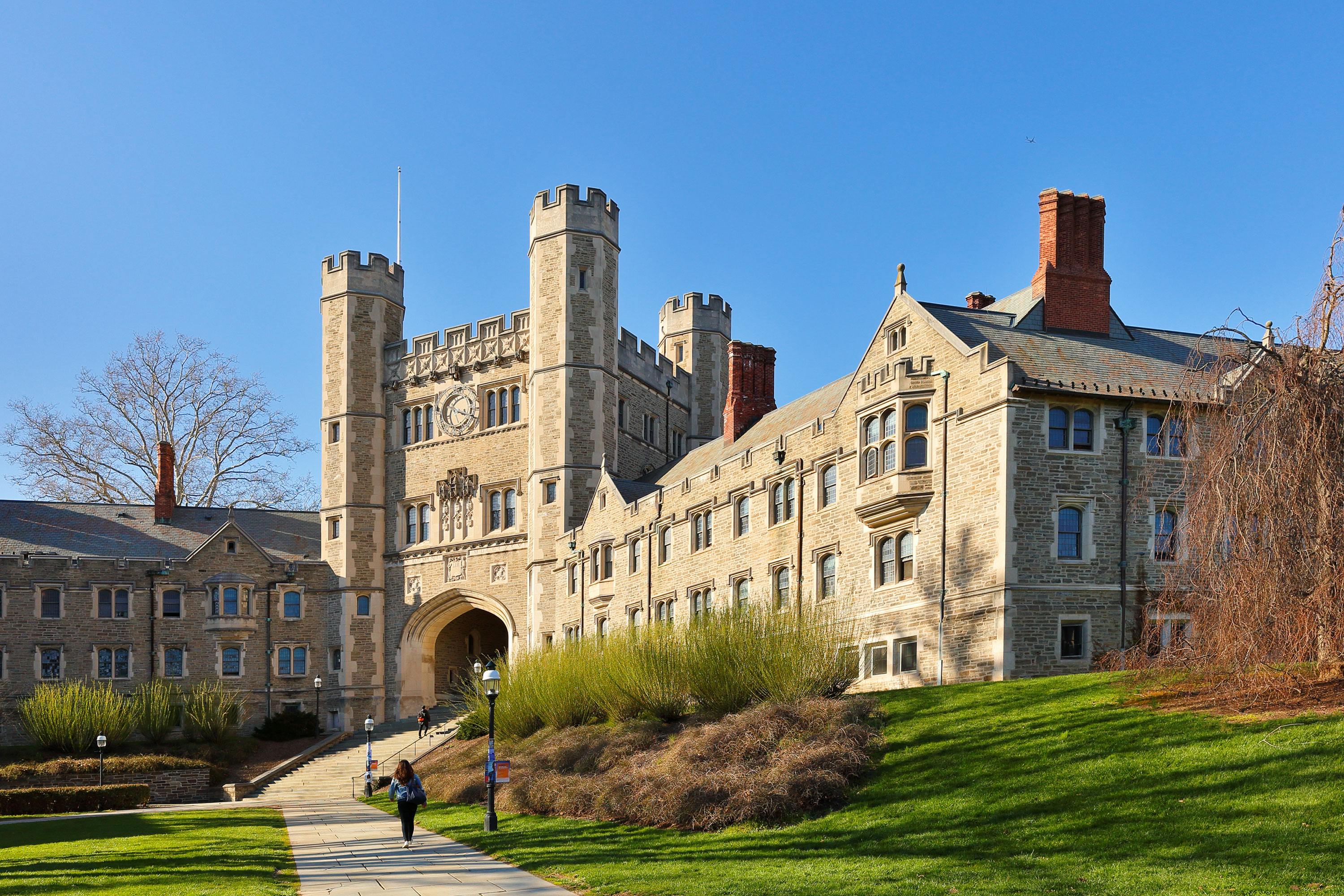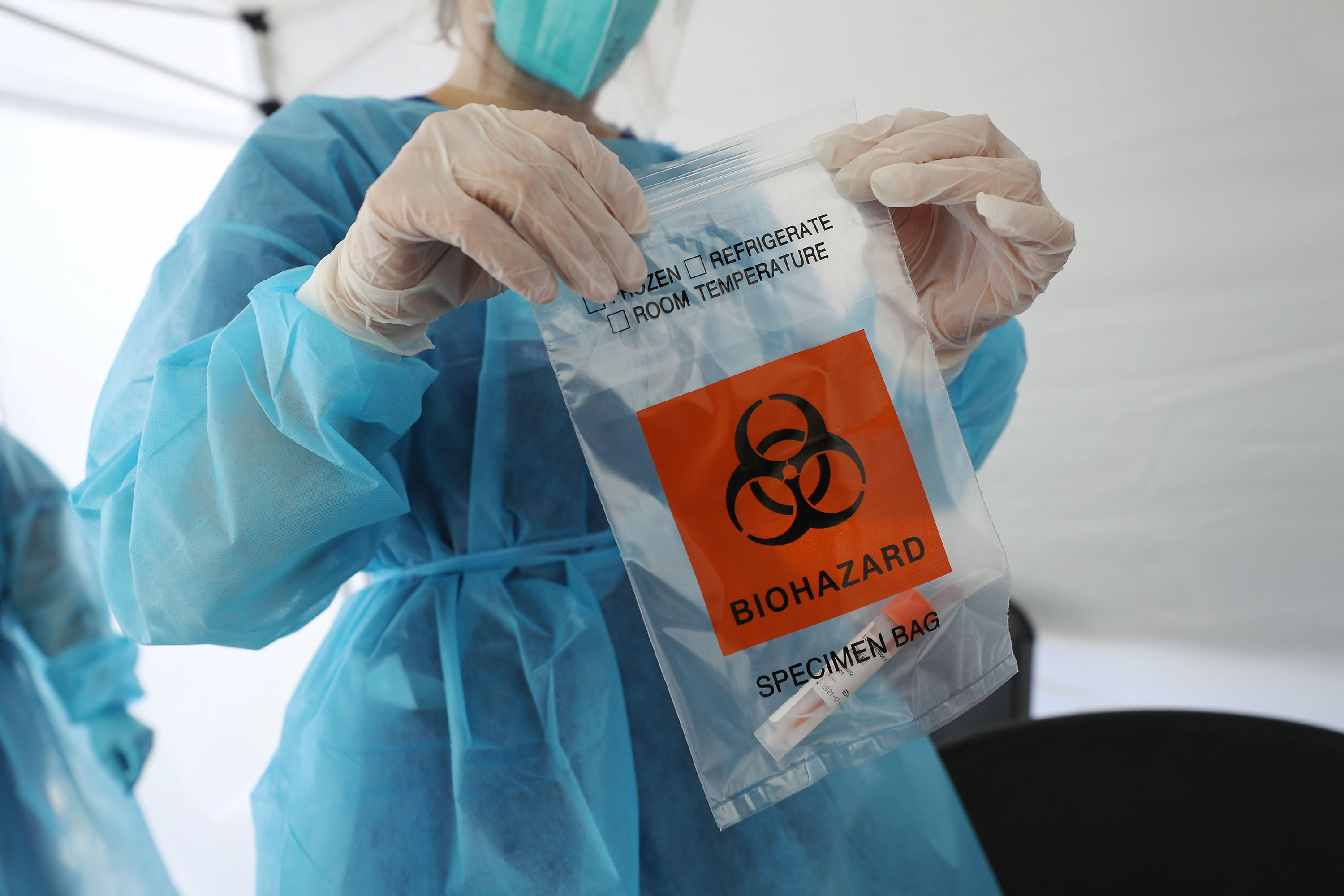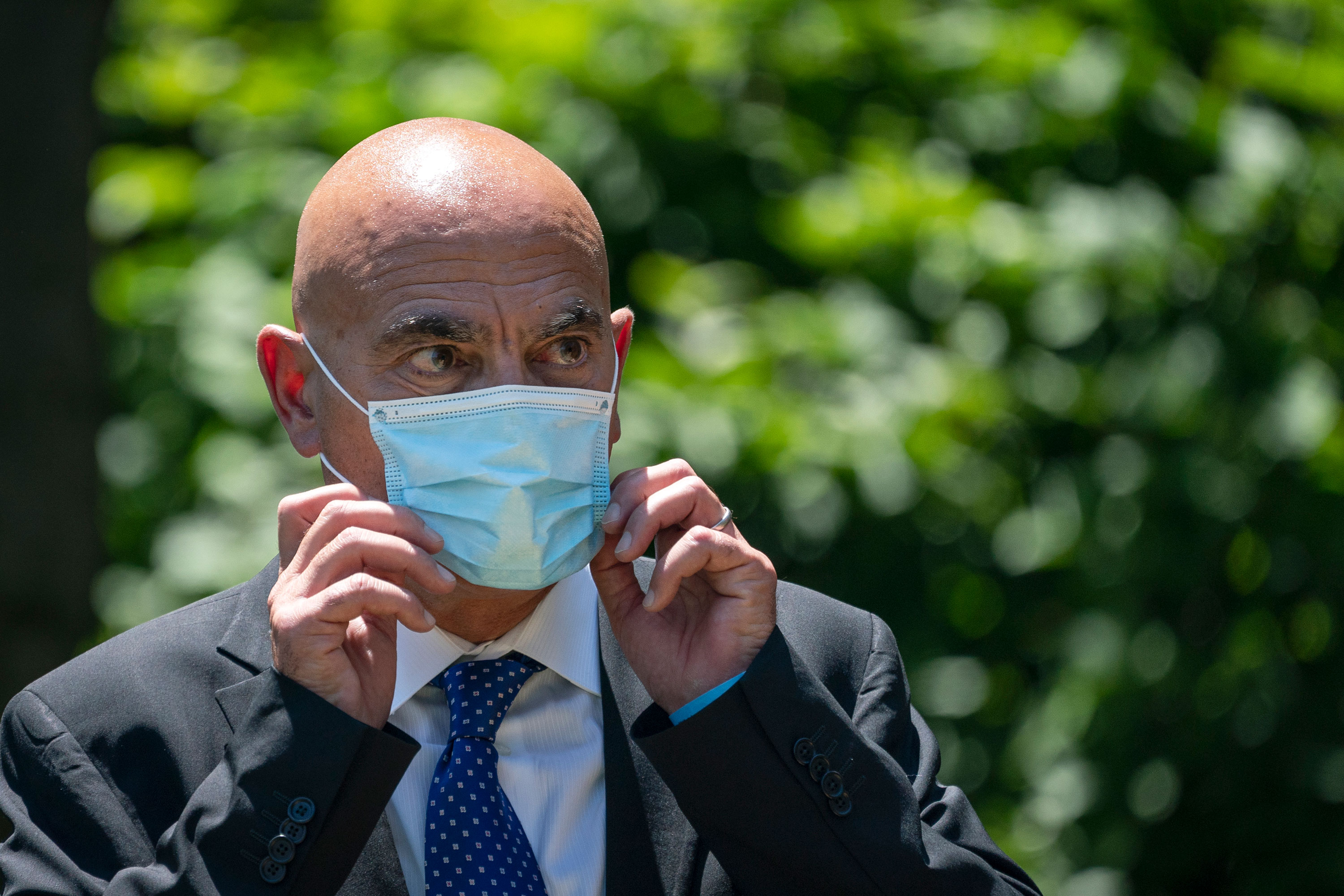
President Trump on Friday laid out the executive actions he would pursue “if Democrats continue to hold” a relief package “hostage.”
The actions would include a payroll tax deferment, extending unemployment benefits, extending an eviction moratorium and deferring student loan payments and forgiving their interest.
“My administration continues to work in good faith to reach an agreement with Democrats in Congress that will extend unemployment benefits, provide protections for evictions … and get relief to American families,” Trump said during a news conference. “Yet tragically, (House Speaker) Nancy Pelosi and (Senate Minority Leader) Chuck Schumer continue to insist on radical left-wing policies that have nothing to do with the China virus.”
“If Democrats continue to hold this critical relief hostage I will act under my authority as President to get Americans the relief they need,” he continued.
Some context: Negotiations over the next stimulus package stalled on Capitol Hill today as Democrats and Trump administration officials walked away after talks broke down and devolved into partisan finger-pointing.


